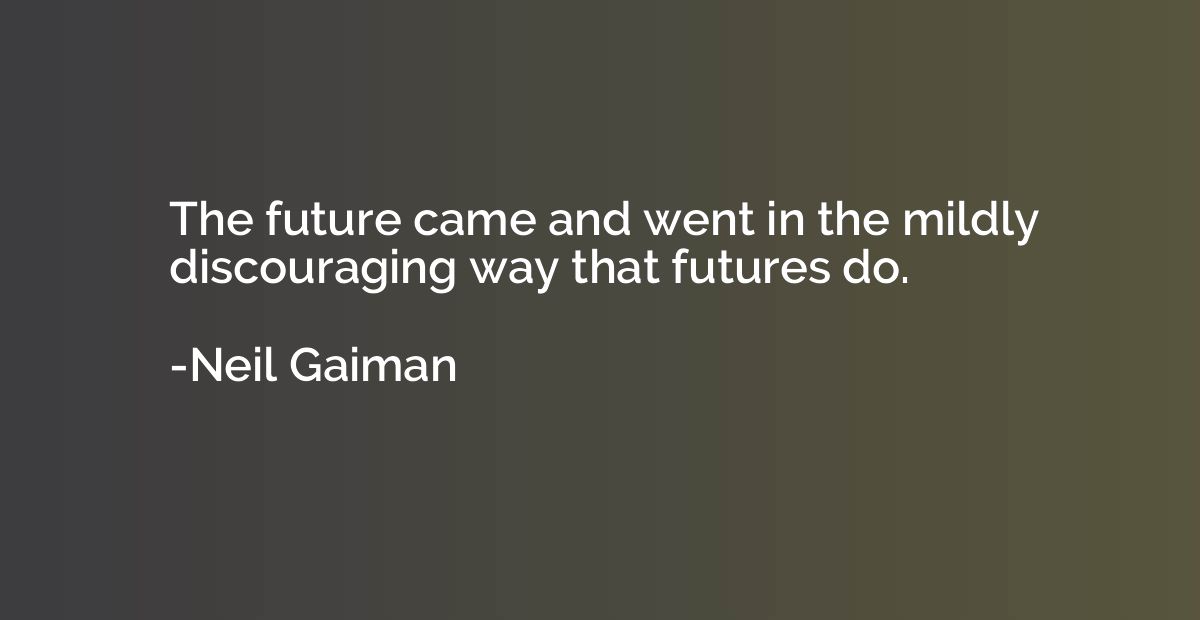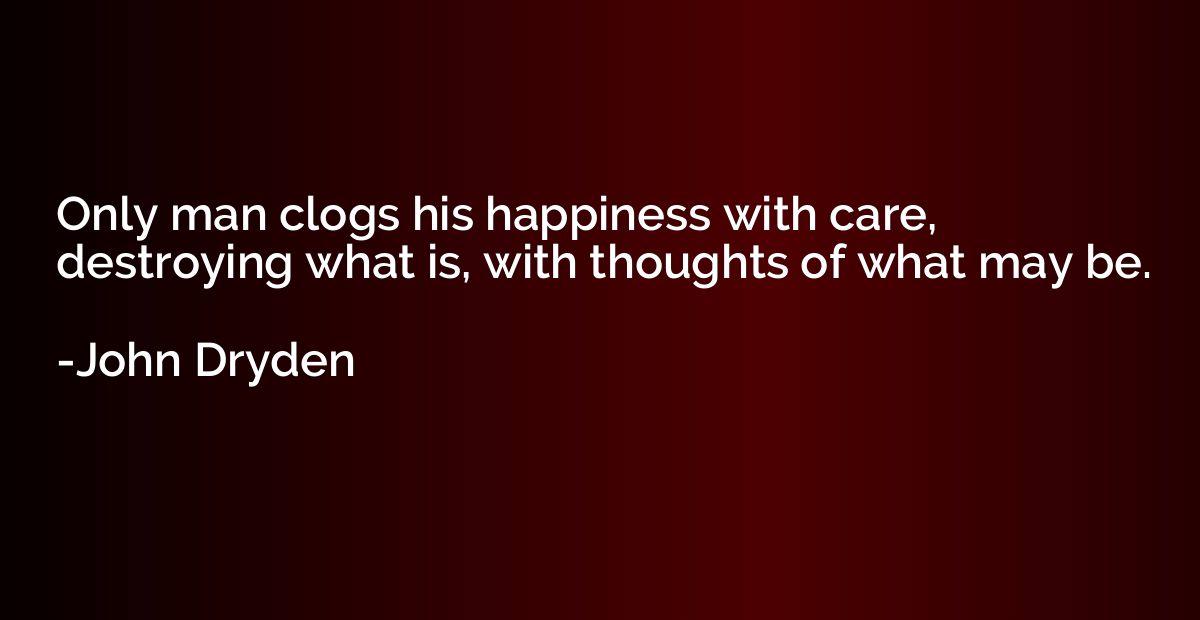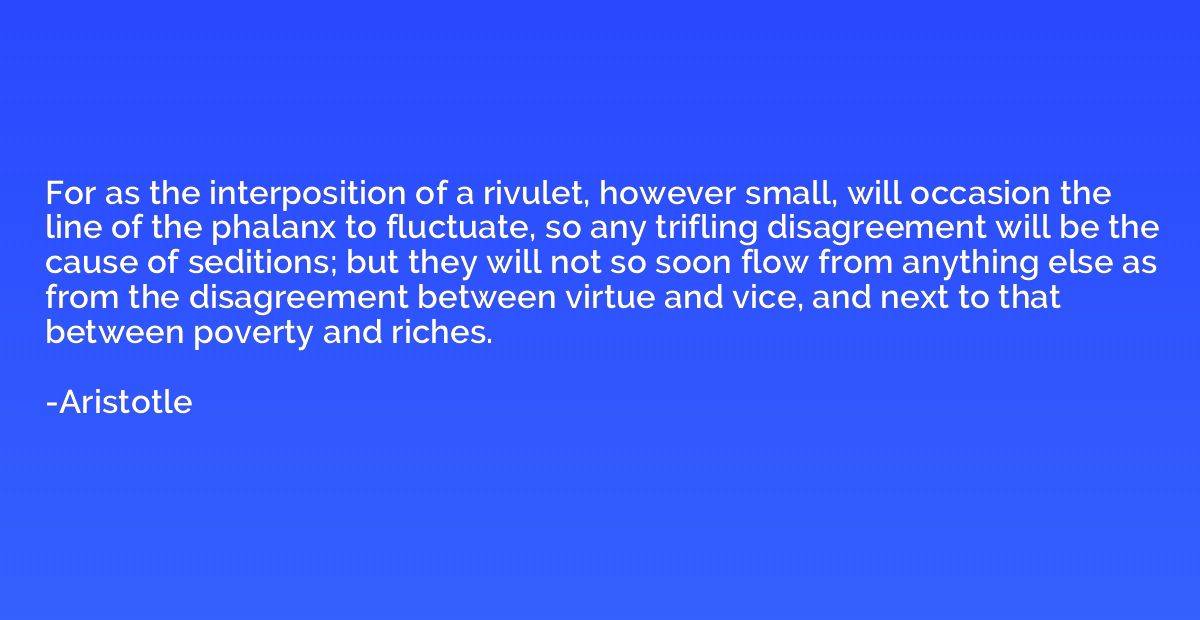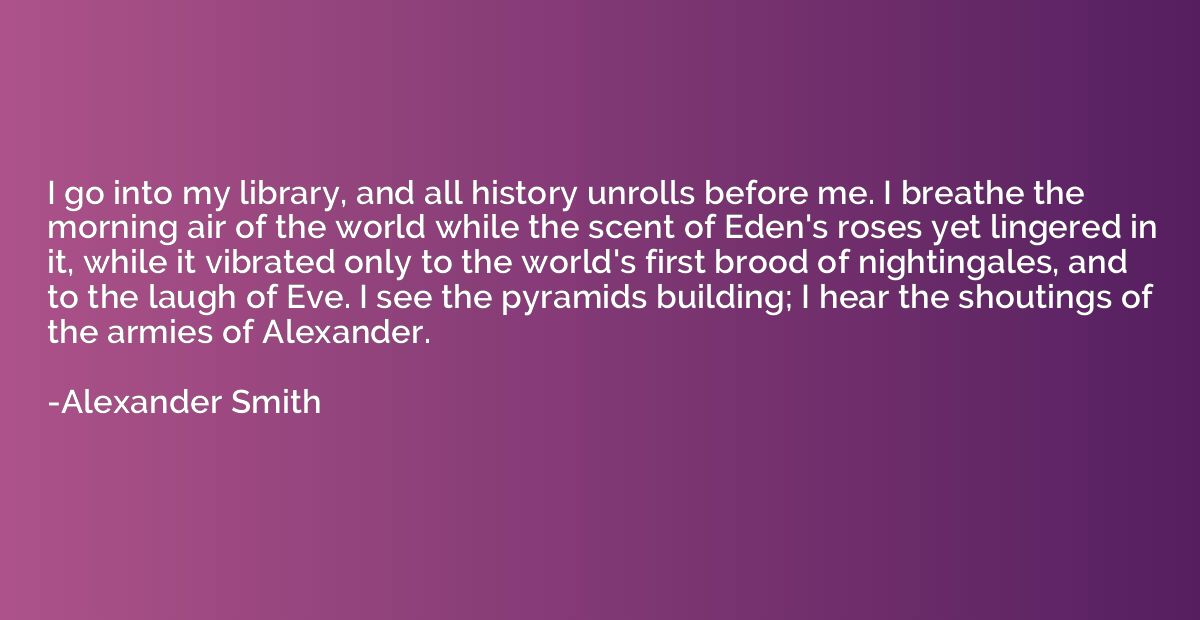Summary
This quote suggests that the future often fails to live up to our grand expectations. It highlights how the anticipation and excitement surrounding what lies ahead can often be dampened by the reality of how things actually unfold. The phrase "mildly discouraging" implies a sense of disappointment or underwhelming experiences associated with the future. It captures the idea that the future, despite its potential, is often accompanied by unmet hopes and a sense of dissatisfaction.
By Neil Gaiman















